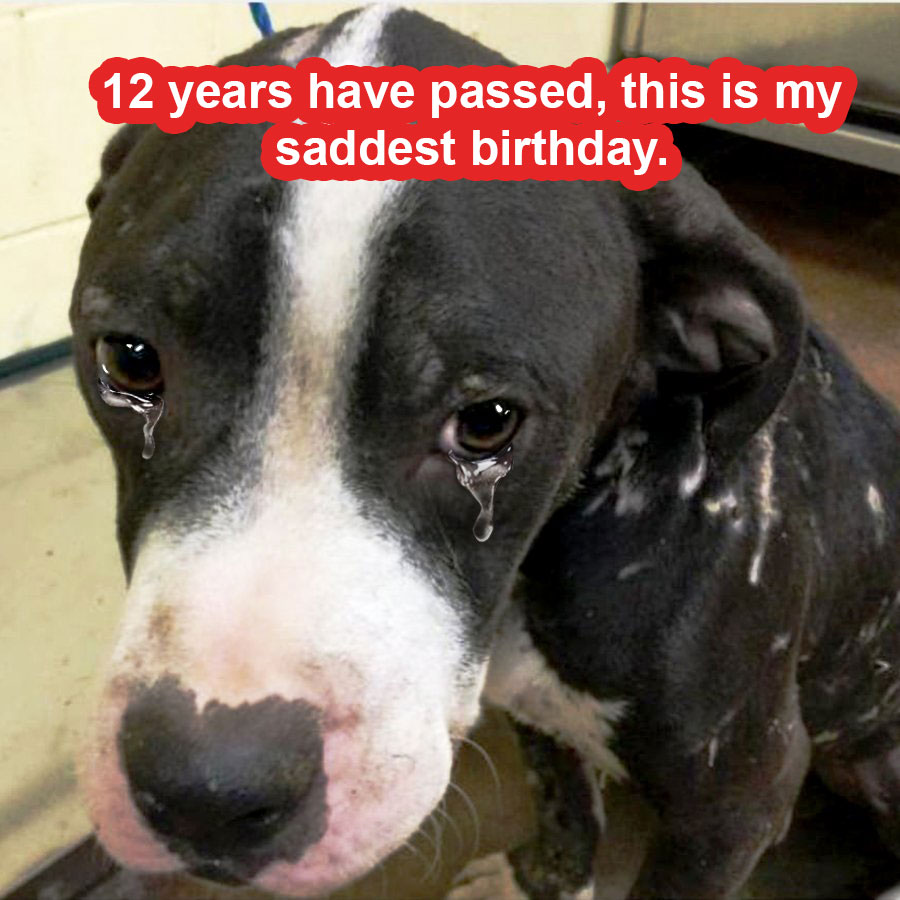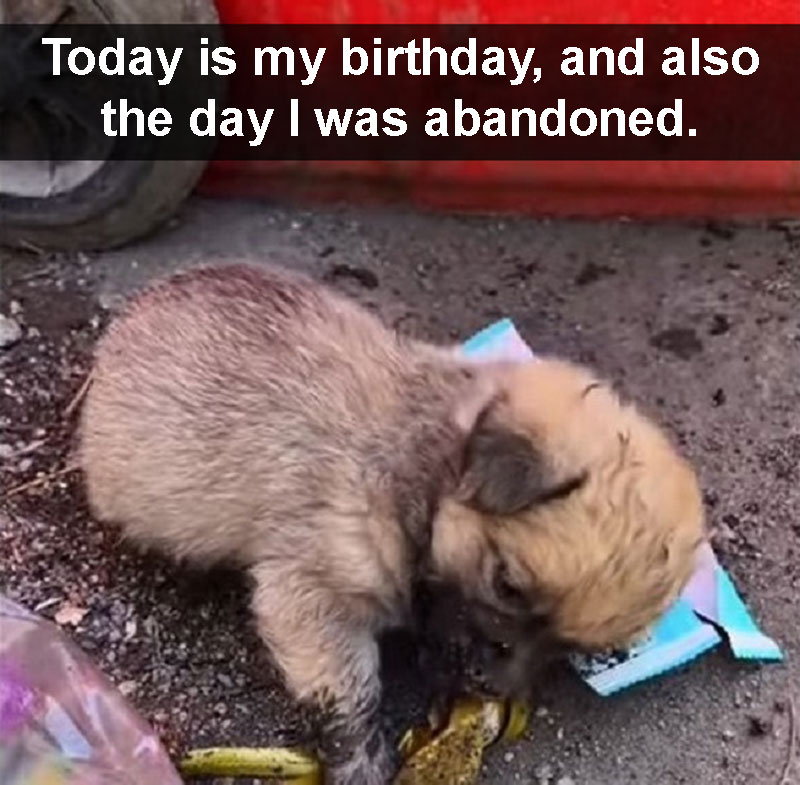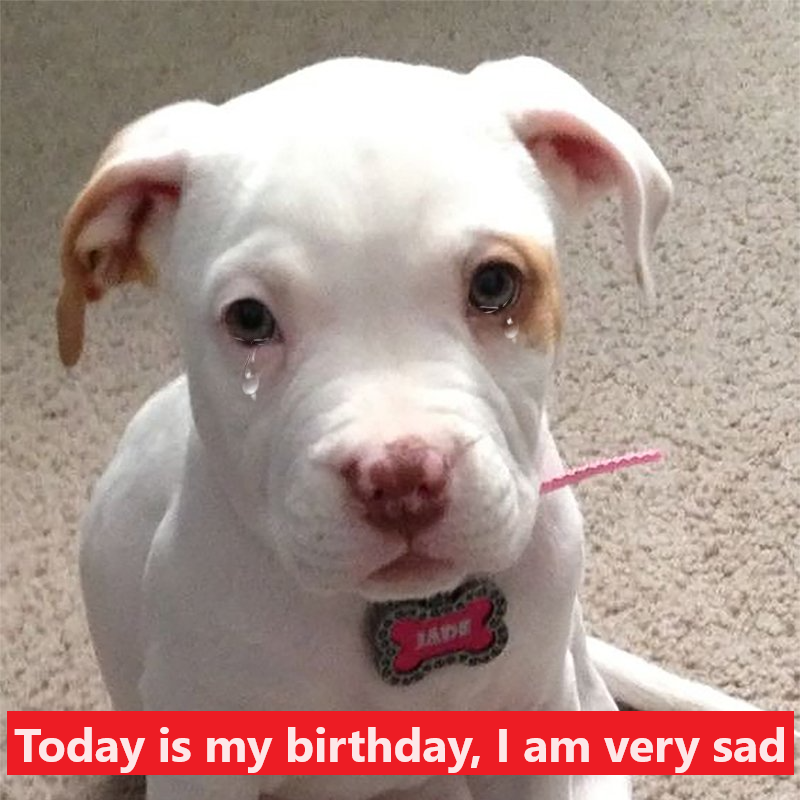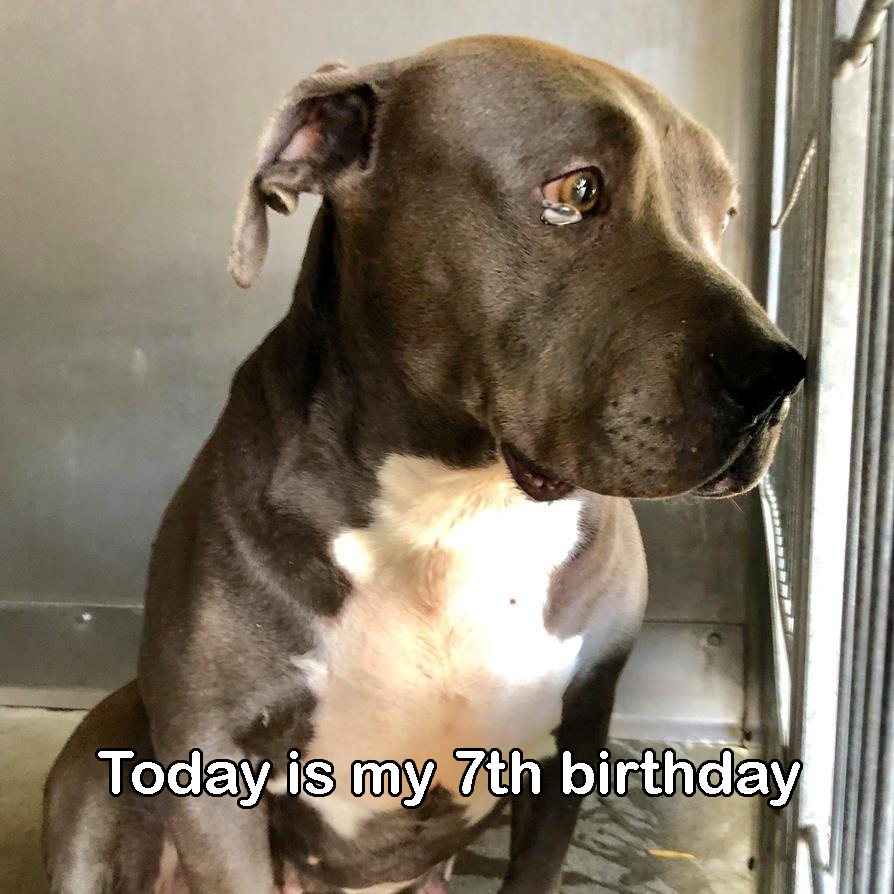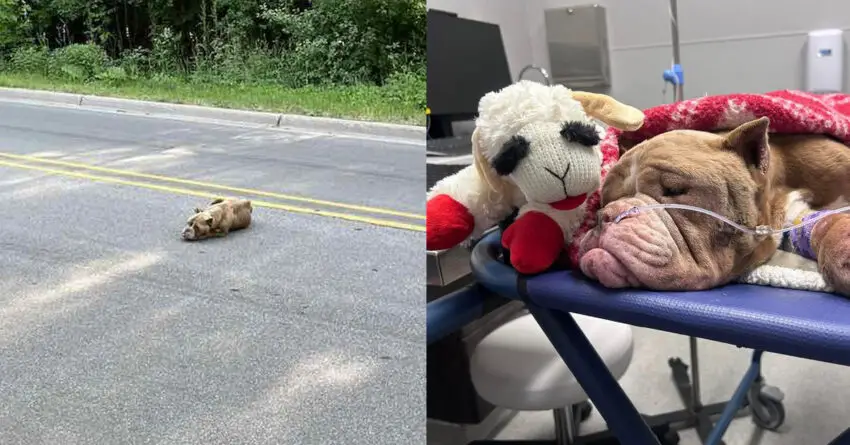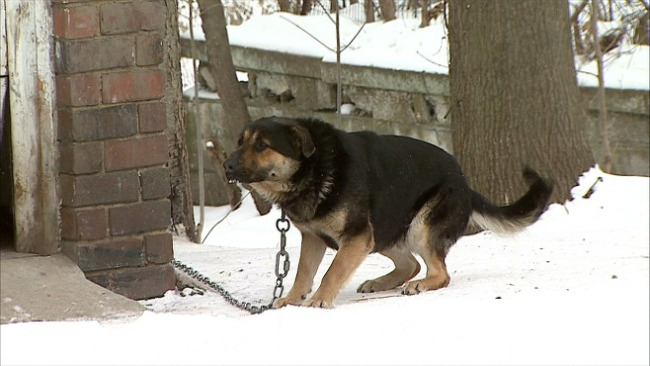
For dogs left outside in their backyards, chained or not, knowing what to do can be a bit more complicated. That’s because the laws regarding outdoor pets vary from region to region.

Some cities and towns allow dogs to be chained outside, but may have rules about leaving pets outside in extreme temperatures.
Dogs may be allowed to be outside in the cold provided they have adequate shelter and access to food and water. Unfortunately, they oftentimes don’t get it.

She doesn’t regret it, but not no one wants to face criminal charges if they can avoid it.
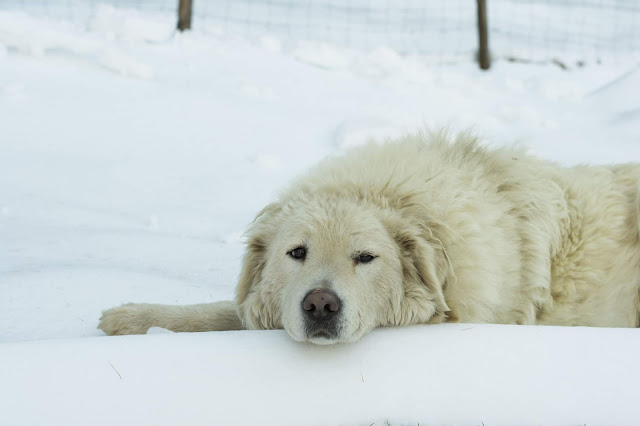
So what should you do if you see a dog outside in freezing temperatures?
You might first try asking the neighbor to bring their dogs inside. But if you don’t want to approach the person, then here are some recommendations as to what to do.
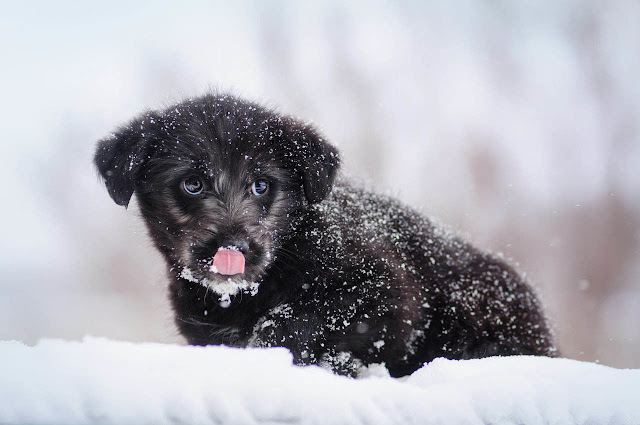
The Humane Society of the United States offers this advice:
– Document everything. Write down the date, time and location of the animal and any other details that you think might be relevant.
– Take photos or videos to back up your complaint.
– Call your local animal control agency or sheriff’s office. Take note of whom you speak to so that you can check up on your complaint in a day or two.
– If you need advice, contact the HSUS or another animal rescue group.
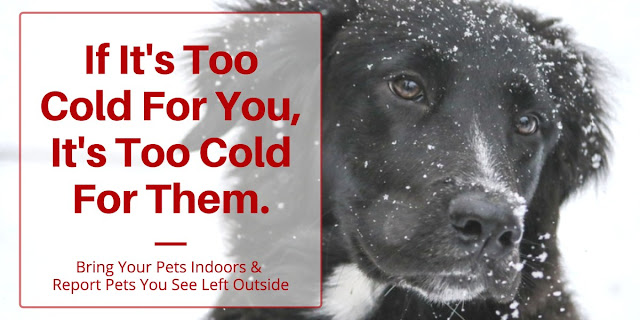
These are all good points and I would add:
– Call a local animal rescue group. They might have an outreach program that works with dog owners that chain up their dogs. Sometimes, these groups have organized community programs to help build adequate dog houses with proper insulation and straw for the winter. For example DELTA Rescue has advice on how to build a straw bale dog house.
Straw bale dog houses aren’t always an option. So what is a considered good dog house by a humane society? Here is a guide for an “ideal doghouse” put out by the Ontario SPCA, who regularly handles calls about dogs left outside in Canadian winters.
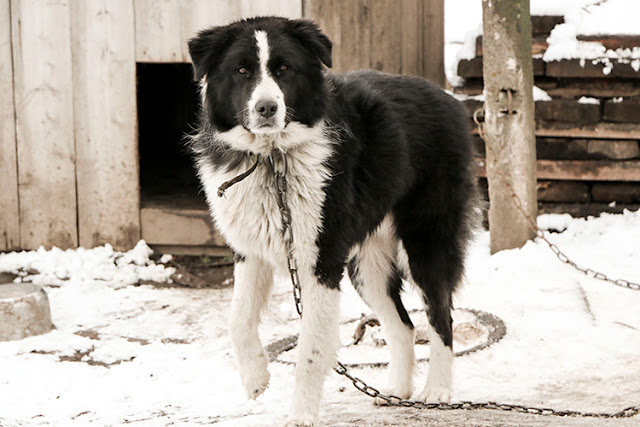
People also may argue that some dogs are okay outside in the winter. The fact is that there are some dog breeds do fare better in the cold than others, especially dogs with double coats. Alaskan Malamutes, Siberian Huskies, Bernese Mountain Dog, Great Pyrenees come to mind.
They will certainly not get cold as fast as, say, a Pit Bull or a Chihuahua. However, all dogs feel the cold. It’s just a matter of how low the temperatures dip and how long an animal is exposed to the cold. But if you feel the cold, so does a dog.
Of course, the best solution for all dogs would be for them to not be left outside at all. The best option is to help educate dog owners that their pets need to be brought indoors in the winter.














